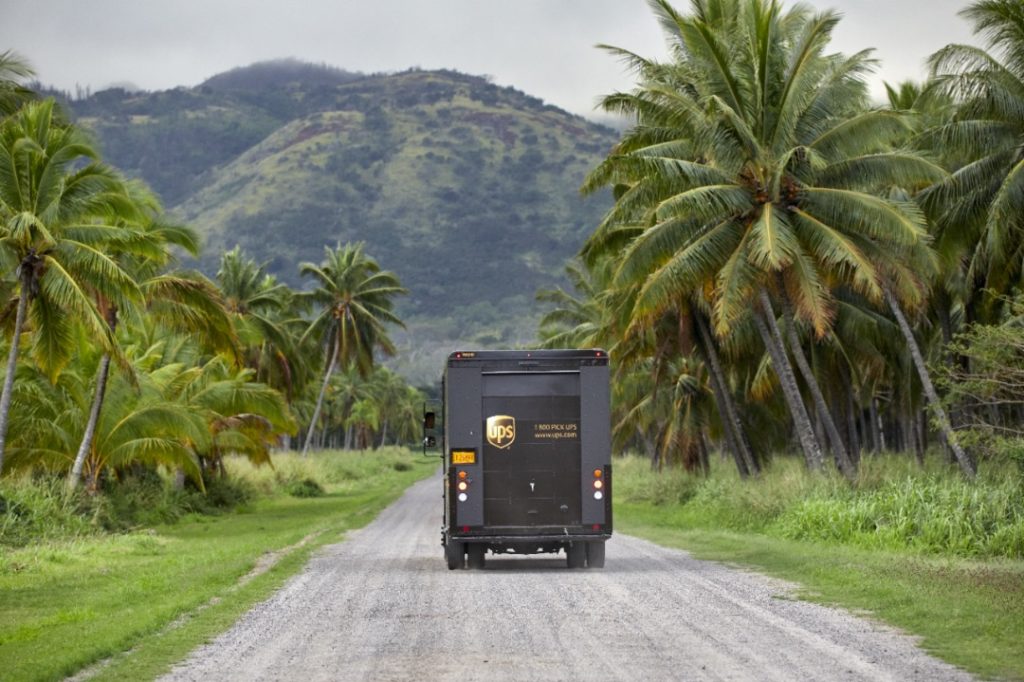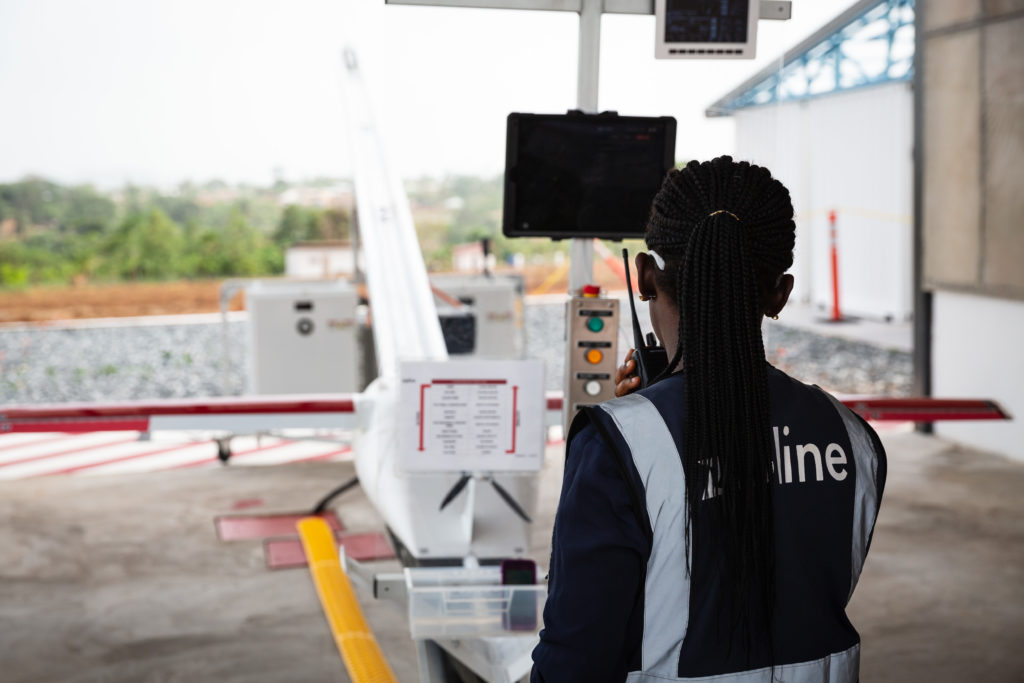
UPS, the world’s largest package delivery company, has also proven itself to be an industry leader in healthcare logistics, providing critical assistance in the global effort to combat the COVID-19 pandemic. The incredibly deadly virus has also wreaked havoc on businesses around the world.
Logistics companies like UPS – most of which have remained operational during the crisis – have served as a critical link allowing e-commerce to thrive when other businesses have shuttered. Online transactions in the U.S. and Canada grew by 129% in April compared to the same time last year, accompanied by a similar, holiday season-like spike in demand for parcel delivery.
In addition to adjusting to meet this heightened commercial demand, UPS has taken steps to provide assistance to the healthcare industry in responding to COVID-19. The company maintains an expansive global supply chain network capable of safely handling the fragile and environment-sensitive materials required in the vaccine development process.
“Our company is currently working with 3 of the 5 developers of a COVID-19 vaccine, handling the end-to-end logistics for their clinical trials,” UPS said in a statement. “In terms of the distribution of the vaccines, we have industry-leading specialty logistics management for healthcare products…”
UPS’s subsidiary Marken specializes in logistics services for clinical trials internationally and is working with several of the potential vaccine manufacturers. In early June, Marken also began producing its own COVID-19 test kits intended for the U.S. and Canada at its Miami lab, with separate production sites online in Germany, Singapore, and China.
“During the pandemic spread, a focus is on Latin America, South Africa, and other hot spots, and additional countries and regions will be added as these hot spots evolve,” shared Marken President Ariette van Strien. “These manufacturers and institutions working on a COVID-19 vaccine are all in the starting phases of their Phase III trials launched in the coming weeks and months.”
During the pandemic, UPS has continued to make deliveries around the world, sustaining critical supply chains.
Photo credit: UPS

In addition to the equipment and services already designated for the transportation of medical equipment and supplies, UPS is currently transitioning 1.5 million square feet of distribution center space to exclusively handle COVID-related healthcare logistics. This will not only afford greater resources to assist with research and development of a COVID-19 treatment or cure, but also fortify the global supply chain in advance of the most important logistics challenge of the century: the rollout of an eventual vaccine.
Vaccine logistics require very precise equipment and planning, as vaccines are fragile and must be kept at constant, cold temperatures. At Marken, cold storage space using -80º freezers has expanded with the potential to double in size. Forward thinking by the company early on in the crisis has allowed UPS to vastly expand its cold chain capabilities. Again, Ariette van Strien: “…We are adding [Good Manufacturing Practice-compliant] facilities in Los Angeles and Ukraine. We are also closely working with our sister company, Polar Speed, a UPS subsidiary, to build out a large cold chain storage hub in the UK.”
The active role taken by UPS in fighting the pandemic is part of a broader practice of the company’s involvement in global health and international development that predates COVID-19. In 2016, UPS partnered with Gavi, the Vaccine Alliance and Zipline in an initiative that has since provided blood bags, medicines, and vaccines to remote regions across Rwanda and Ghana using all-weather drones. To date, the partnership has successfully completed 43,889 flights, providing life-saving assistance in speeds previously unattainable.
Beginning in June of this year, UPS and Gavi began another partnership that will commit $3 million to enhance vaccine supply chains, an expansion of a UPS pilot project aimed at eliminating childhood deaths from preventable diseases, for children through 2022. The program will provide all of Uganda with safe cold chain delivery of medical supplies and automated stock management systems that will initiate the delivery of new vaccines when supplies are low.
A Zipline technician in Ghana conducts final preparations for a drone launch. The unmanned aircraft fleet is capable of delivering life-saving supplies in minutes.
Photo Credit: Zipline

Ahead of the current global health crisis, UPS joined with PIVI – the Partnership for Influenza Vaccine Introduction – to finance the vaccination of over 130,000 health workers in Vietnam for the seasonal flu. PIVI, a Task Force for Global Health program, provides planning tools and assistance in preparation for pandemic threats in addition to combating influenza.
One of the most recent occasions when the international community was confronted with a massive health crisis was in 2013, when the Ebola epidemic erupted on Africa’s west coast. The outbreak, which claimed 11,325 lives, highlighted the importance of assembling a united front between public and private entities in addressing similar crises, as shared resources and industry specialization expedited a strong response. In 2014, the UPS Foundation, Henry Schein, Johnson & Johnson, WTO, World Food Program, and World Economic Forum jointly founded the Pandemic Supply Chain Network to facilitate the distribution of life-saving materials in a time like today.
While the magnitude of the COVID-19 pandemic is as daunting as it is unprecedented in modern times, organizations and companies like UPS have been tested over the years in their ability to provide critical services in austere conditions. As seen with UPS, the innovation and adaptation that followed previous health crises have given rise to new healthcare approaches that will carry our society through this pandemic, and our companies and institutions will be stronger because of it.